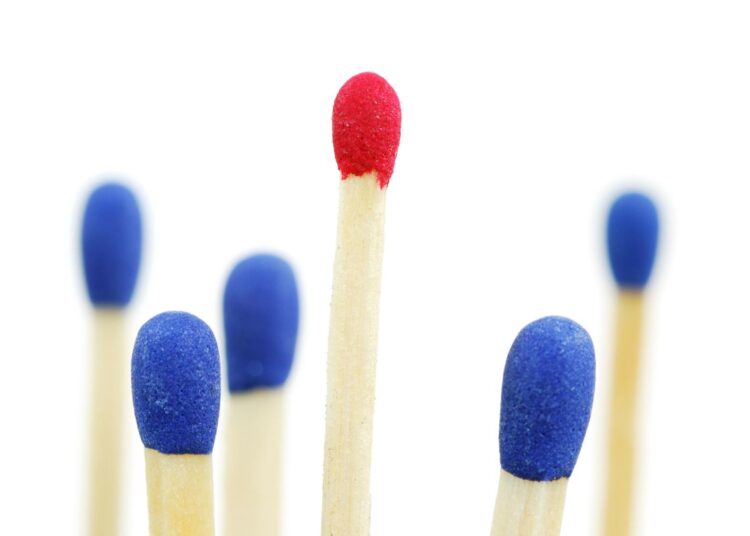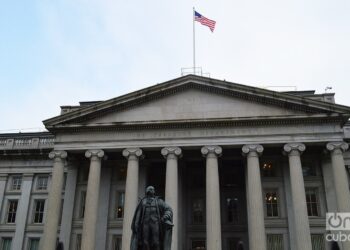Our so-called bosses, whom we would like to see as public servants, constantly invite us to offer constructive criticism. This means getting involved in the space we believe needs to be improved, contributing ideas and solutions, and working hard to set an example.
Staying silent hasn’t been mandatory; it’s a choice, we’re told.
I remember the first time I saw the German film The Wave (2008), in which a teacher proposes a social experiment to his students to explain how a dictatorship works.
Under his leadership, they created a movement called “The Wave.” The teacher introduces a common dress code for all members of the group: a white shirt. The idea is to foster unity, equality, and discipline. The Wave soon gained popularity among the students.
But what begins as an innocent, educational dynamic about power spirals out of control. A new collective identity devastates individuality and imposes a group structure that punishes dissent with isolation and contempt.
Watching it back then, I thought: I too would wear a white shirt like everyone else, without question, and I was disturbed by the young woman who decided to resist the group by wearing a red shirt.
The film reveals that group cohesion doesn’t require a direct threat: the fear of being the other is enough.
In Cuba, speaking your truth and defending your position entails risks, even if you express it in the “right” place and do so with respect and arguments; even if you stand up for yourself and are the first to act on your proposal.
It means exposing yourself to the scrutiny of your colleagues. If you’re a student, you could be left off a list, be considered less “integrated” at the end of the school year, despite your excellent grades; you could lose job opportunities, see your chances for professional growth reduced or feel the accusatory gaze of those who consider criticism a lack of “understanding.”
Some suspicious person always advises you to keep quiet, because “a man’s mouth pays for what the tongue speaks.”
Some boss puts his hand on your shoulder and looks at you condescendingly. A friendly voice arrives with a message from someone close to power, advising you to “stay out of trouble.” Or you hear isolated phrases like “he’s braver than Maceo,” “this guy doesn’t know what he’s getting into.”
Explicit censorship hasn’t been necessary for silence to become the norm. The fear of rejection, exclusion or the loss of economic stability, or in more serious cases, “warnings,” police “prophylaxis”, and even the deprivation of freedom of an acquaintance have been sufficient tools to shape a fairly homogeneous discourse and behavior.
Social cohesion has come at a cost in this country: self-censorship, forced participation, strategic silence. Draconian laws are unnecessary when the political fabric is responsible for regulating individual behavior.
At the risk of being labeled, of being closely watched, of being “marked,” more and more citizens in Cuba understand that disagreement is not a crime, that it is important to speak out loud that truth we whisper in the hallways or in “safe places.” Consensus is only achieved through dialogue.
Cuba is a besieged trench, with declared enemies of its sovereignty and others who remain silent, holding a slogan as a letter of introduction. But renouncing respect for differing opinions must be as non-negotiable as the pro-independence nature of the homeland.
Some criticize to become martyrs, because they turn successive events into a narrative for pity or profit. Others shout their truth because they can no longer hold it inside. Still others bite the juicy bait of sincerity before realizing the trap, and find themselves negotiating silence with privileges.
Cuba is not a country of confused people; Cuba is a country of heroic people: of mothers blowing on their children’s foreheads to lull them to sleep in the midst of the hot, long, and constant blackout; of artists and intellectuals fishing in dams to bring a plate of food home.
For them, for all of us, some public servants should pose less like victims. They should stop the relentless pursuit of those who sow their seeds in this land to make it better, and they cannot remain silent in the face of what is bureaucratic, absurd, corrupt and insensitive.



